David Korda, a prominent member of the Korda family movie dynasty who served as a producer and important film financier in a show business career that spanned more than 60 years, has died. He was 87.
Korda, chairman of the British company Film Finances Ltd., died Sept. 18 at Cromwell Hospital in London, author, editor and film historian Charles Drazin told The Hollywood Reporter. He had been in poor health after a battle with cancer.
Korda’s parents were Zoltan Korda, director of the Ralph Richardson-starring epic The Four Feathers (1939), and actress Joan Gardner (Dark Journey, The Scarlet Pimpernel).
One of his uncles was Alexander Korda, the founder of London Films, the owner of British Lion Films, a producer of such classics as The Private Life of Henry VIII (1933) and The Third Man (1949) and the first filmmaker to receive a knighthood. Another uncle, Vincent Korda, was a painter and Oscar-winning art director.
With his behind-the-scenes contribution to independent filmmaking as a completion guarantor, Korda helped Francis Ford Coppola rebound after his colossal overspending on Apocalypse Now (1979) and One From the Heart (1981) by helping his 1983 features, The Outsiders and Rumble Fish, get made.
When Terry Gilliam’s epic fantasy The Adventures of Baron Munchausen (1988) threatened to cost more than twice its original budget — and risked ruining Film Finances — it was Korda who spent nearly a year “imposing some sanity and order.”
And as an executive producer who was head of production for RKO Pictures and then Capella Films in the 1980s and ’90s, Korda ushered into production such features as Hamburger Hill (1987); Shattered (1991), Wolfgang Petersen’s first Hollywood film; and Austin Powers: International Man of Mystery (1997).
“Having experienced the flamboyance of the film industry at close quarters, he grew up to be wary of its excess,” Drazin wrote in a tribute that was read at Korda’s celebration of life ceremony last month in London.
“Modest and reticent, he preferred, in his own film career, to avoid the limelight. He saw himself as a pragmatic rather than entrepreneurial producer, whose skill was to make things work and to provide a stable platform on which others might achieve success.”
David Alexander Korda was born on May 26, 1937, in Hampstead, London. At the start of World War II, he and his parents moved from London to Beverly Hills when he was 3, and they lived in a house on Rexford Drive.
His first memory of Los Angeles was Uncle Alex turning up in a limousine to take him on a tour of the town, then sending him home with a bag of silver dollars. He got to play with props from The Thief of Bagdad (1940) and The Jungle Book (1942).
Sabu, the young star of those films, would arrive with wild animals as gifts. They included three ravens that lived in the garage, a monkey that was kept in the garden and a baby jaguar that had to be given to L.A. Zoo after it clawed at the curtains and the furniture.
After the war, Korda returned to England to study at the Lycée in South Kensington, then attended the International School in Geneva, Pomona College in California and Oxford, where he acted in plays for the drama society.
(While on holiday from Oxford, he worked at the Cinecittà studio in Rome as an assistant on the famed chariot race for 1959’s Ben-Hur.)
In 1960 after leaving Oxford, David set up a theater company with Wladek Sheybal, the Polish actor-director known for his turn as the villain Kronsteen in From Russia With Love (1963). The venture was funded by Zoltàn Korda through the sale of his stamp collection. Based in Bromley, the 101 Company featured performances from the likes of Eileen Atkins, Prunella Scales and Jeremy Brett.
After his dad died in 1961, Korda worked as an assistant on Peter Brook’s Lord of the Flies (1963), and for Ray Harryhausen producer Charles H. Schneer, he was tasked to find old footage to be redeployed for such films as Siege of the Saxons (1963), East of Sudan (1964) and Land Raiders (1969).
He even used sequences from The Four Feathers. “I always thought my father must have turned in his grave,” he said.
Korda was a unit manager on Schneer’s big-budget musical Half a Sixpence (1967) for Paramount, then graduated to producer roles on The Ruling Class (1972) and Man Friday (1975) for Peter O’Toole’s production company.
In the late ’70s, he served as a production supervisor on independently financed films, then was an associate producer on Sunburn (1979) and Annie and Little Britches (1981), both shot in Mexico for the British company Hemdale.
Korda accepted an offer in 1980 to work as the London-based production executive for Film Finances, and after helping Coppola on The Outsiders and Rumble Fish, the company would provide bonds for The Terminator, Romancing the Stone and Nightmare on Elm Street a year later.
He was hired in 1985 as head of production of RKO, where he shepherded about 10 films before parent company General Tire Inc. sold the studio in 1987. He returned to Film Finances and got to work on cleaning up Baron Munchausen.
Korda moved back to L.A. in 1990 to join Capella but headed back to London in 2002 to spend most of the rest of his life at Film Finances.
Survivors include his son, Nik, and his daughter, Lerryn.
Drazin noted that Korda had just four movie posters in his office: those for The Outsiders, Rumble Fish, Baron Munchausen and Peter Greenaway’s Nightwatching (2007), which Film Finances guaranteed soon after Korda returned from Hollywood.
“A small, independent film that told the story of the famous Rembrandt picture The Night Watch, it would not have been obvious to visitors why it was on his wall,” Drazin wrote. “It offered a characteristically quiet nod to the first picture that his Uncle Alex had directed at Denham, the great studio he had built for London Films in the mid-1930s — Rembrandt, starring Charles Laughton, a film about the compromises between art and commerce that David had negotiated with such grace in his own life.”
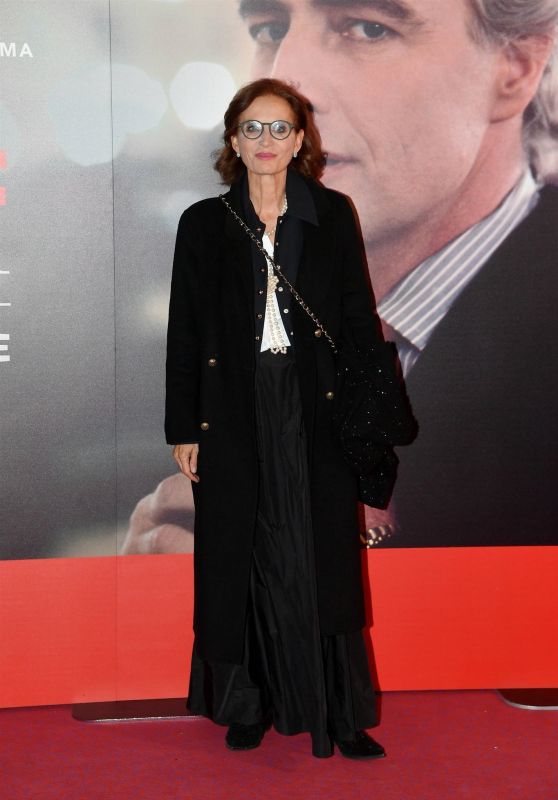
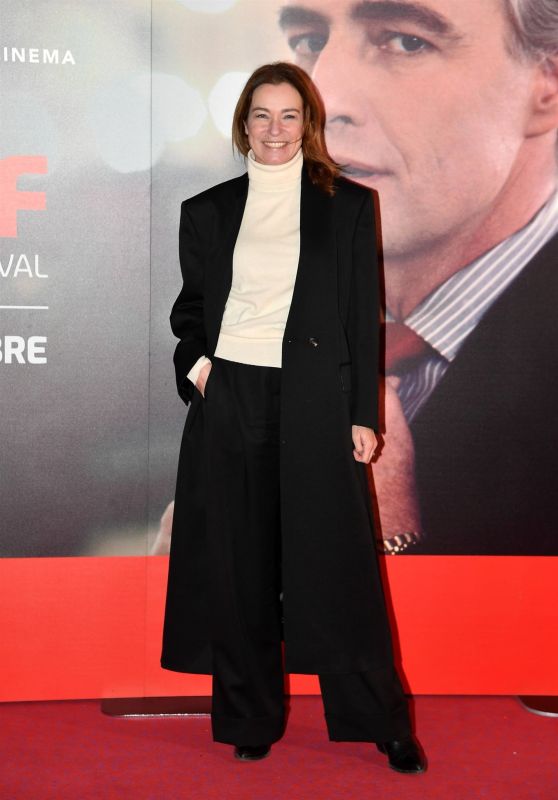
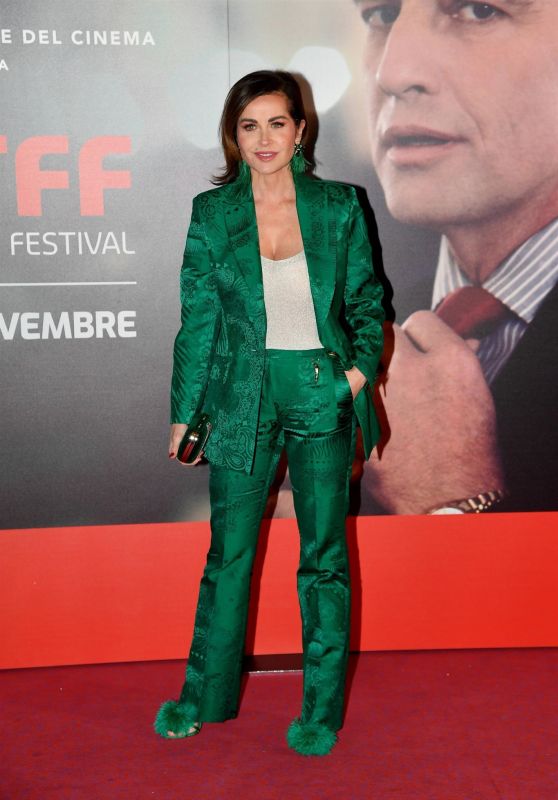
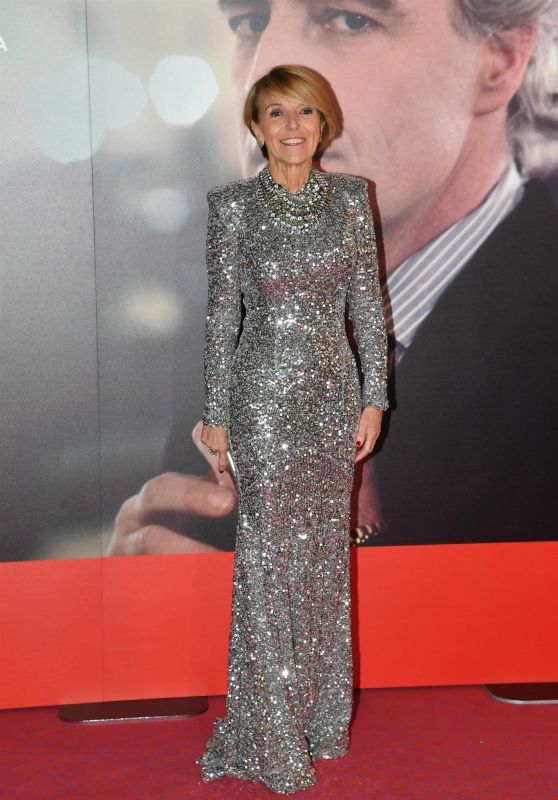
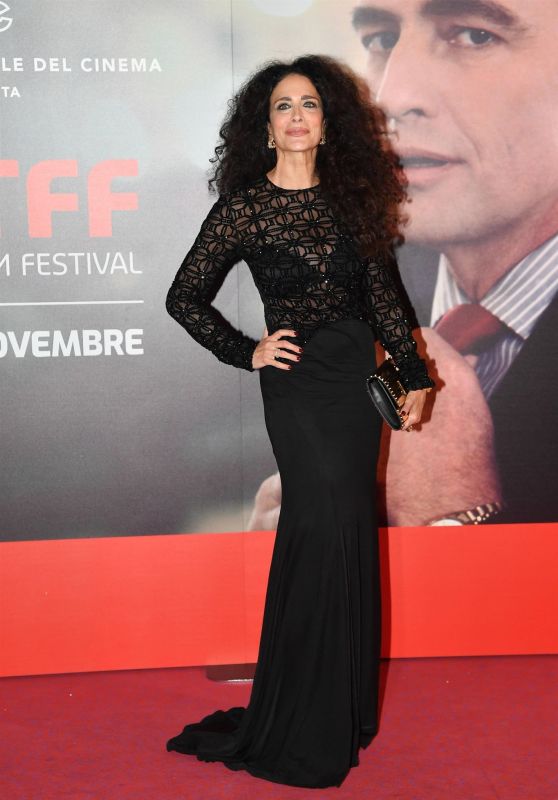
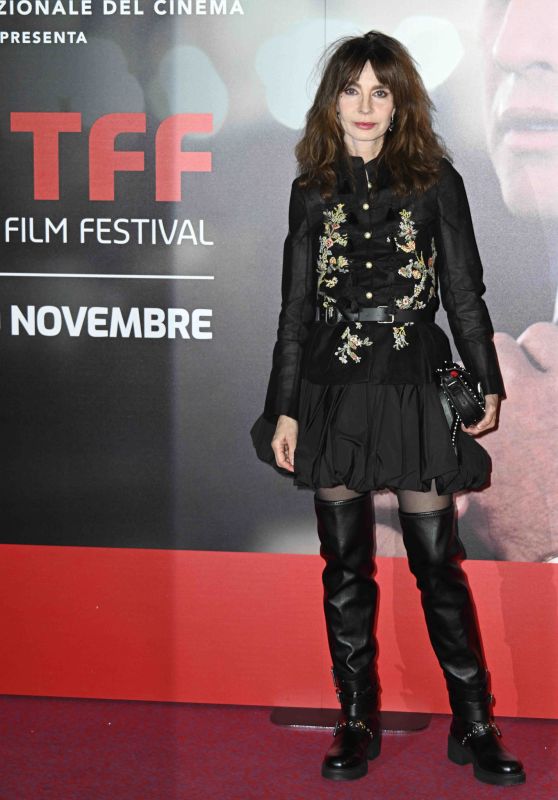

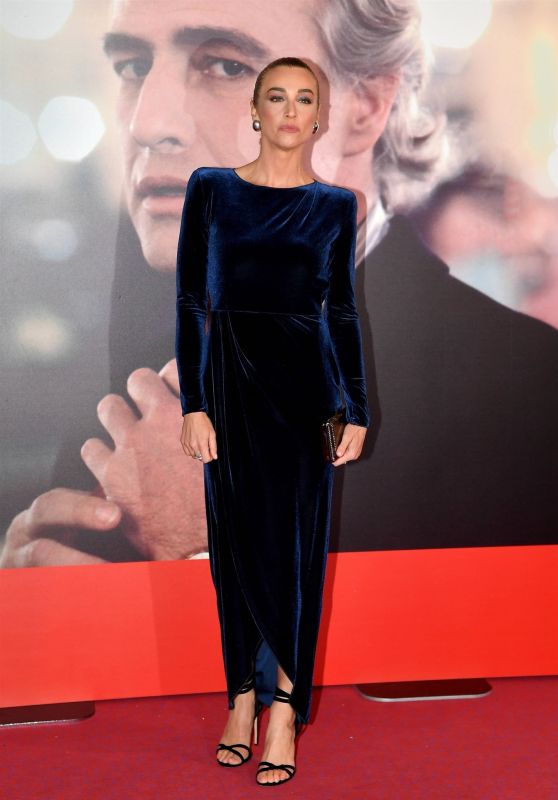

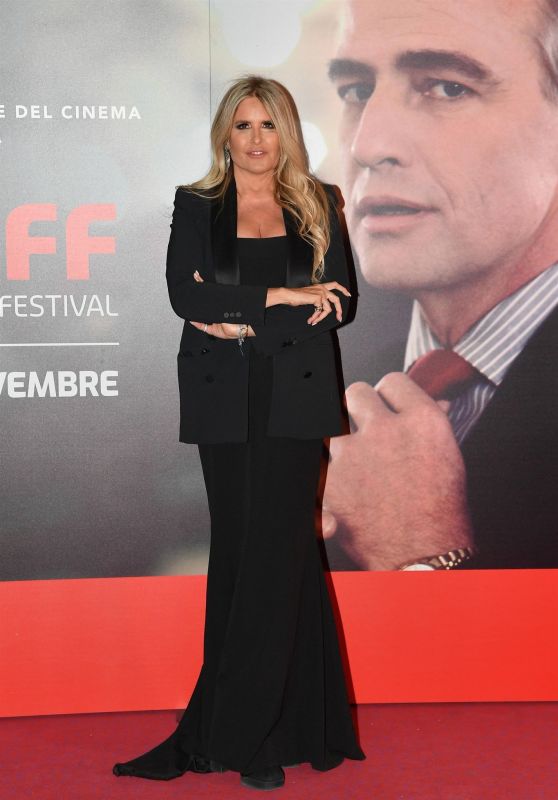
![Pixie Lott Rocks Hits Radio Live Birmingham 2024 [11-22-2024]](https://celebmafia.com/wp-content/uploads/2024/11/pixie-lott-rocks-hits-radio-live-birmingham-2024-11-22-2024-5_thumbnail.jpg)
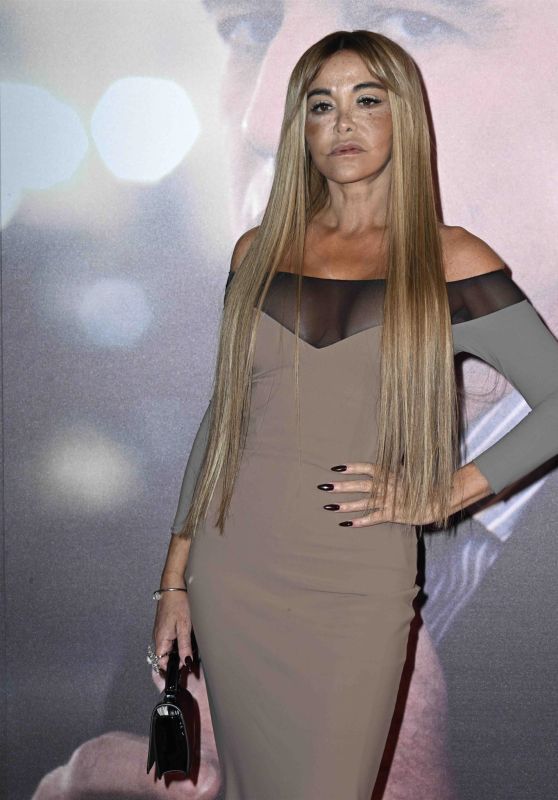







 English (US) ·
English (US) ·